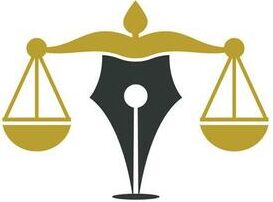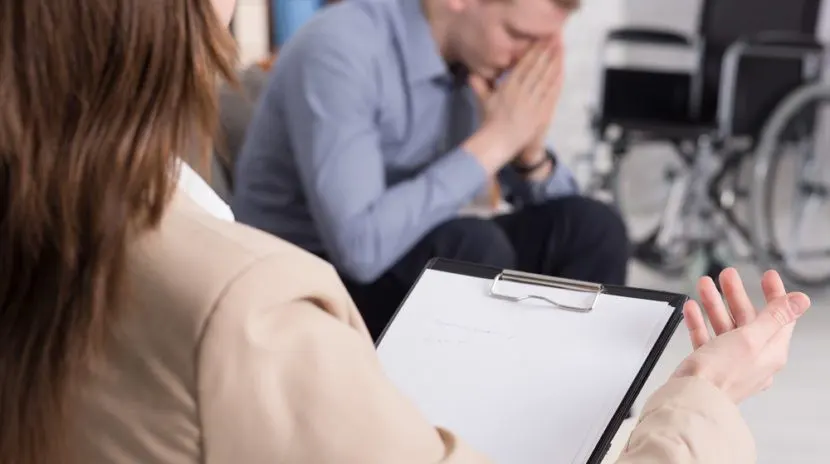Personal injury not only results in physical harm but also takes a toll on mental well-being. This article explores the profound impact of personal injury on mental health, including common psychological effects, coping strategies, and the importance of seeking support.
Psychological Effects of Personal Injury:
Personal injury often triggers a range of psychological effects, including anxiety, depression, post-traumatic stress disorder (PTSD), and adjustment disorders. The sudden disruption of one’s physical health, daily routine, and sense of security can lead to overwhelming emotional distress. Symptoms may manifest immediately after the injury or develop over time, affecting various aspects of life, including work, relationships, and self-esteem.
Coping Strategies for Mental Health Recovery:
Coping with the psychological aftermath of personal injury requires patience, resilience, and self-care. Engaging in therapeutic activities, such as talk therapy, cognitive-behavioral therapy (CBT), and mindfulness meditation, can help individuals process their emotions and develop coping skills. It’s essential to prioritize self-care activities, such as adequate sleep, healthy nutrition, regular exercise, and relaxation techniques, to promote overall well-being. Seeking support from friends, family members, support groups, or mental health professionals can provide validation, encouragement, and practical assistance during the recovery process.
Overcoming Psychological Barriers to Recovery:
Recovering from a personal injury often involves overcoming psychological barriers that hinder progress and healing. Common barriers include fear of re-injury, feelings of helplessness or guilt, negative self-talk, and avoidance behaviors. Addressing these barriers requires a combination of self-awareness, positive coping strategies, and professional support. Setting realistic goals, challenging negative thoughts, gradually facing fears, and building a support network can empower individuals to overcome psychological obstacles and reclaim their lives.
Importance of Seeking Professional Support:
Seeking professional support is crucial for individuals struggling with the psychological effects of personal injury. Mental health professionals, such as psychologists, psychiatrists, and counselors, are trained to assess, diagnose, and treat a wide range of psychological conditions. They can provide evidence-based interventions, personalized treatment plans, and a supportive therapeutic environment to facilitate healing and recovery. Additionally, legal professionals specializing in personal injury law can advocate for clients’ rights, navigate the legal process, and ensure they receive fair compensation for their injuries and suffering.
Conclusion:
Personal injury can have a profound impact on mental health, leading to a range of psychological effects, including anxiety, depression, PTSD, and adjustment disorders. Coping with these effects requires patience, resilience, and self-care. By engaging in therapeutic activities, overcoming psychological barriers, and seeking professional support, individuals can effectively manage their mental health and navigate the road to recovery. It’s essential to prioritize mental well-being alongside physical healing and seek assistance from qualified professionals to achieve holistic healing and restoration.

